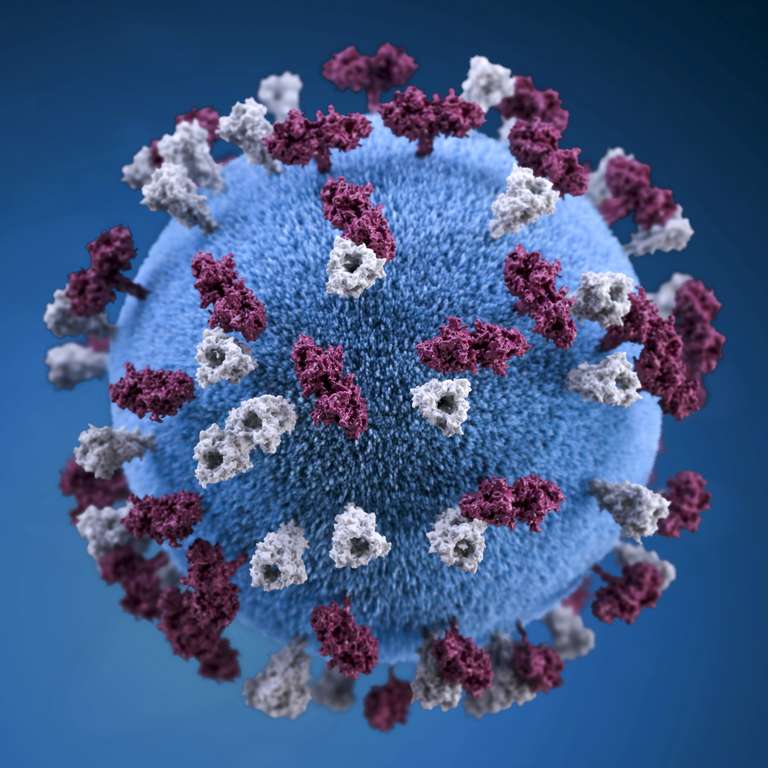
Dr. Anthony Fauci, long-time director of the U.S. National Institute of Allergy and Infectious Diseases (NIAID), was a central figure in the American response to COVID-19. However, his name has also become entangled in controversy surrounding the virus’s possible origins in Wuhan, China.
Through NIAID, Fauci’s institute provided funding to a U.S.-based nonprofit called EcoHealth Alliance, which collaborated with the Wuhan Institute of Virology (WIV). This funding—around $600,000—supported research into bat coronaviruses, including so-called “gain-of-function” experiments, which aim to better understand how viruses might evolve to infect humans. Critics argue such research is risky, as it can potentially create more virulent strains.
By what many see as an astonishing coincidence, Wuhan—home of this lab—became the epicentre of the global pandemic. This led some to question whether the virus may have accidentally escaped from the lab, a theory that was originally dismissed as conspiracy but has gained more mainstream attention over time.
Dr. Fauci has consistently denied that the NIH or NIAID directly funded gain-of-function research in Wuhan, though the definition and oversight of such research remains murky. Congressional inquiries and public records have raised further questions, but Fauci has largely avoided personal blame, defended by many in the scientific and media communities.
Supporters view him as a trusted public health expert unfairly scapegoated. Detractors argue he downplayed risks and helped fund the very lab that might have sparked the crisis. Despite testy congressional hearings and heavy scrutiny, Fauci retired in 2022 with accolades from much of the U.S. establishment, leaving behind a legacy as both a hero and a lightning rod in one of the most contentious episodes of modern science and politics.
 Sir Winston Churchill was a Great Man
Sir Winston Churchill was a Great Man  Socks ‘n Sandals
Socks ‘n Sandals  Who is Gaslighting Us?
Who is Gaslighting Us?  Who’s Bright Idea was this?
Who’s Bright Idea was this?  Why do modern cars all look the same?
Why do modern cars all look the same?